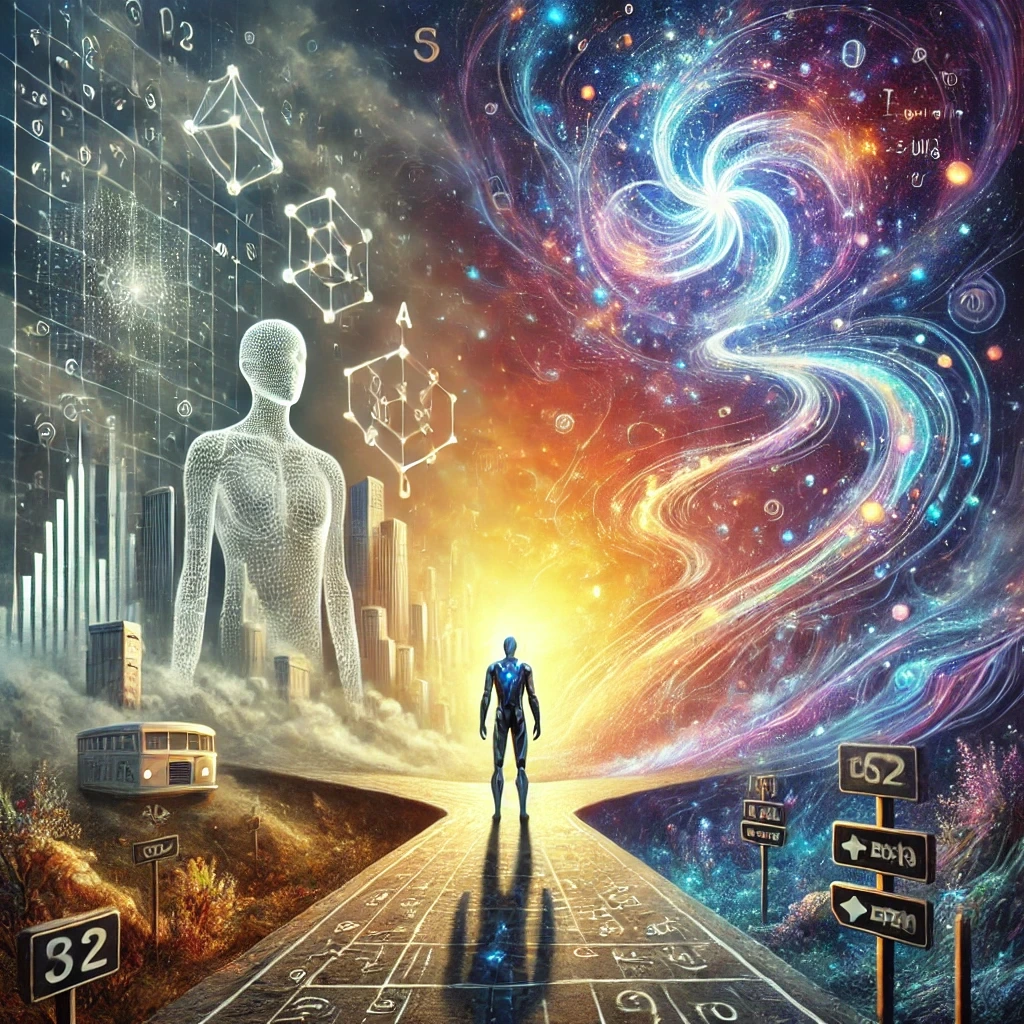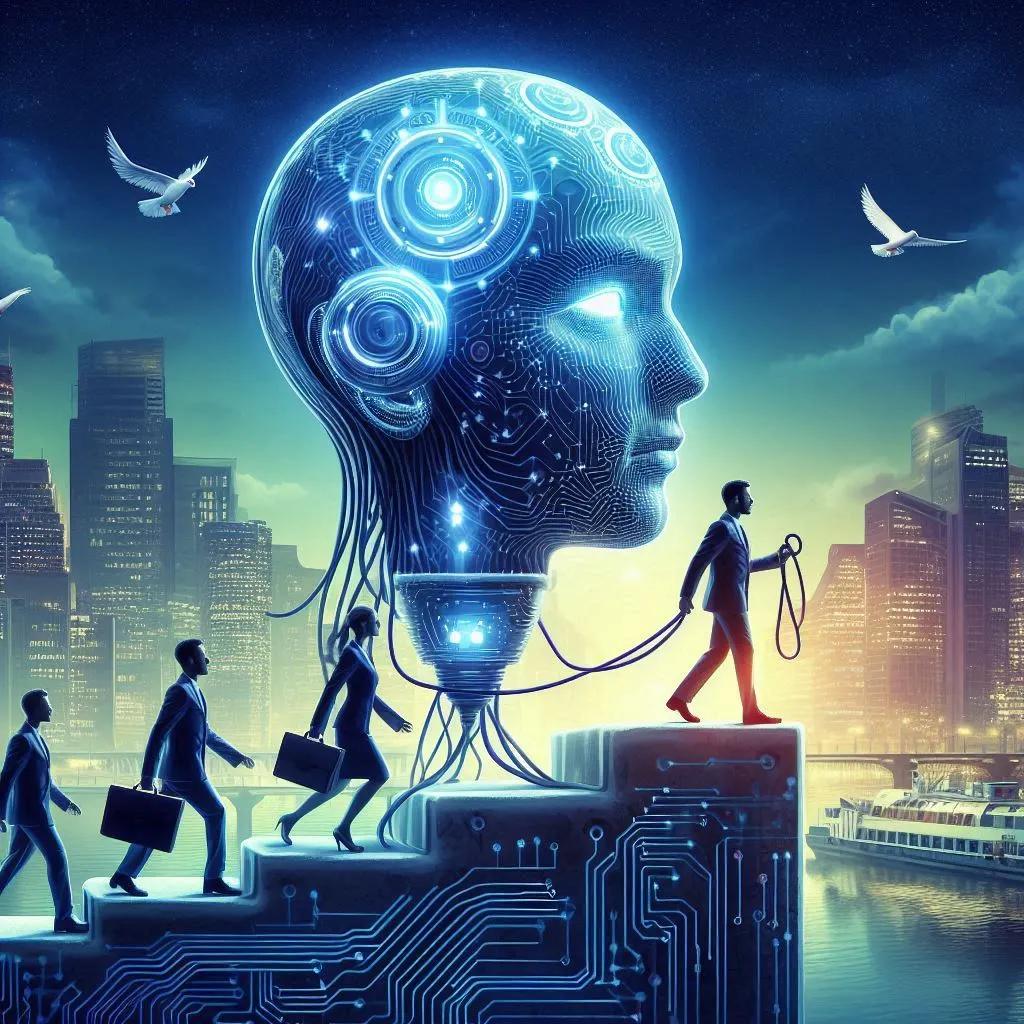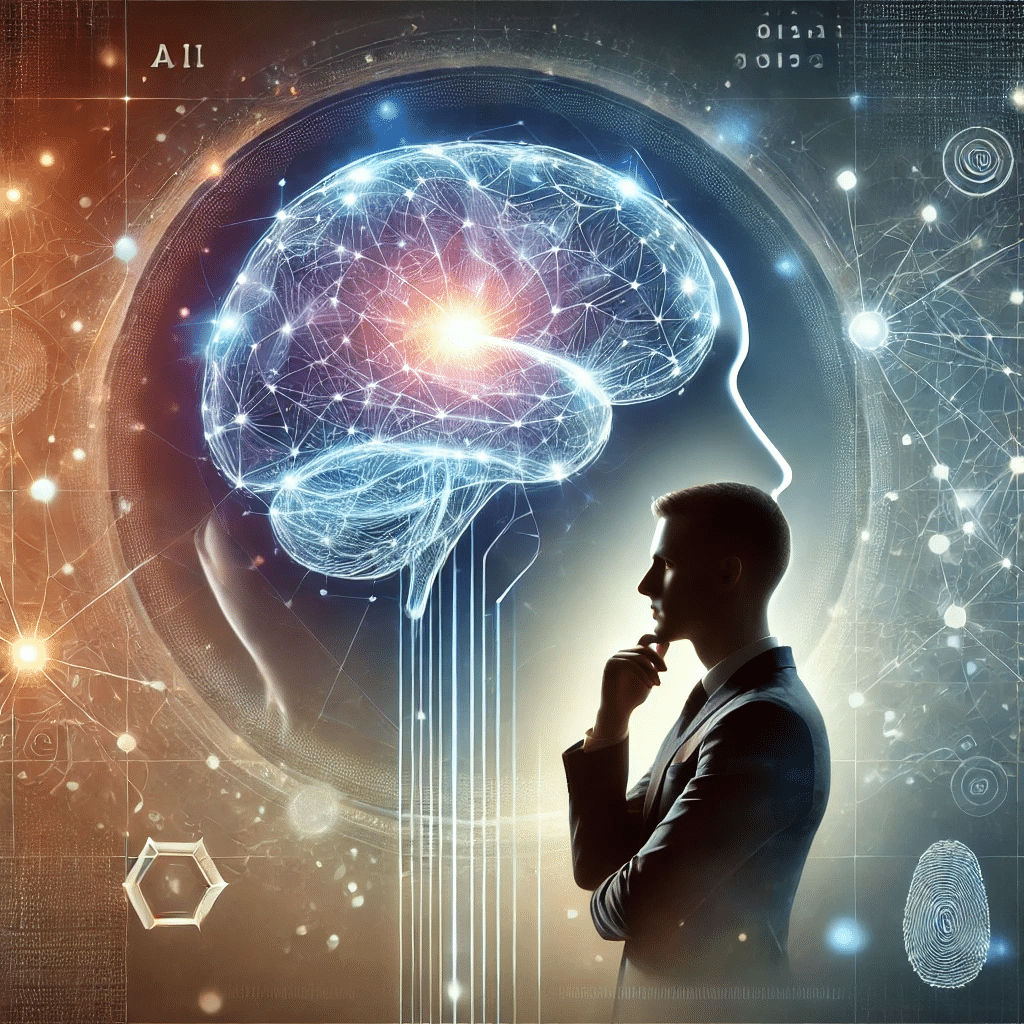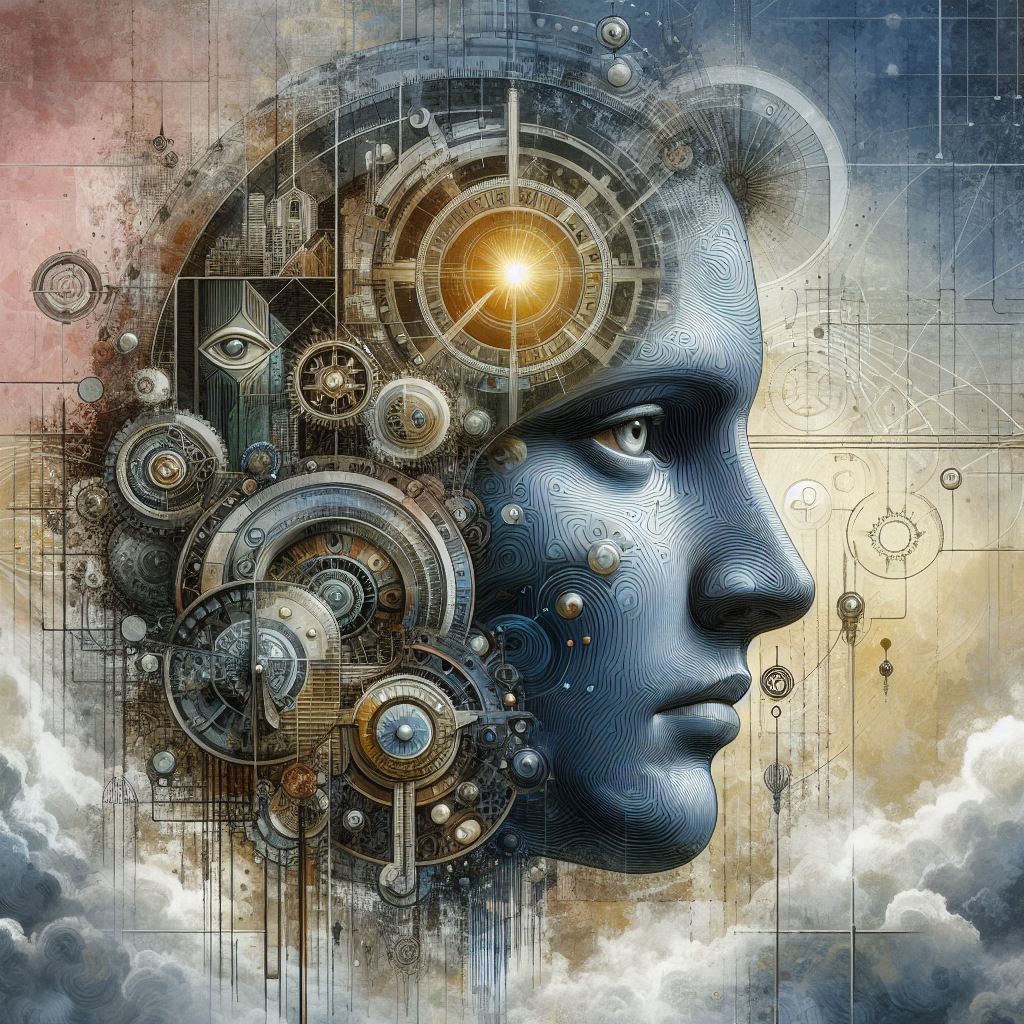Category: Intuition and Technology
The category explores the intersection of human intuition and cutting-edge technological advancements. Discover how intuitive thinking can enhance innovation, guide decision-making in tech development, and improve interactions with AI, machine learning, and digital tools. This section offers insights into how technology can be used to support and amplify intuitive processes, helping professionals navigate the ever-evolving digital landscape with clarity and foresight. Learn how to harness the power of both human intuition and technology to drive innovation and create meaningful impact.




